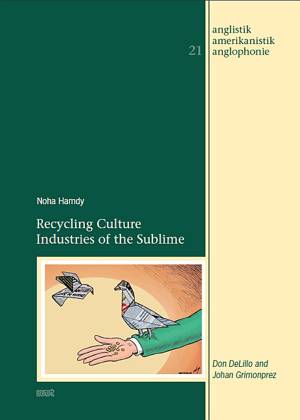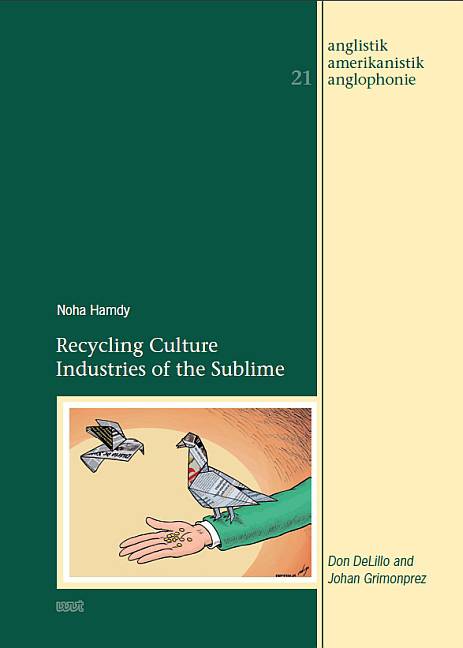
- Retrait gratuit dans votre magasin Club
- 7.000.000 titres dans notre catalogue
- Payer en toute sécurité
- Toujours un magasin près de chez vous
- Retrait gratuit dans votre magasin Club
- 7.000.0000 titres dans notre catalogue
- Payer en toute sécurité
- Toujours un magasin près de chez vous
24,45 €
+ 48 points
Description
This study opens up new territory in the field of intermediality. It aims at extending Bolter's and Grusin's groundbreaking theory of remediation to media emplotments of 'consensus sublimes' in narrative fiction and documentary film in the period preceding and following 9/11. Contemporary versions of the sublime have been mostly media-specific imports of what Naomi Klein calls "disaster capitalism", a fear industry which has thrived on exporting and marketing catastrophe through the televisual to ensure the commodification and dissemination of spectacle. In light of this, Recycling Culture Industries of the Sublime sets out to gauge a remediatory visual rhetoric in contemporary narratives on terror, and the extent to which it has been determined by a global Kulturindustrie of "shock and awe". Through a broader cultural lens, Hamdy proceeds to unravel links between filmic/narrative practices in (p)remediation and an emergent war rhetoric paving the way for subsequent US campaigns of armed intervention in the War on Terror. Besides providing nuanced textual readings of excerpts from DeLillo's Mao II and Underworld, the present study focuses on the iconography of the controversial picture of the 'Falling Man', as it circulates through American journalism, documentary film and fiction. Within an interdisciplinary framework, Johan Grimonprez' Dial History provides a new transatlantic (European) perspective on Don DeLillo: the Belgian film artist's self-assigned vocation to dismantle that congruence of terror and its media machine in an age of media spectacle makes of him a vibrant extension of DeLillo's voice in postmodern film culture. How might documentary film and literature, emerging from the European and American political left, constitute an ethical challenge to the visual politics of terror(ism)? In this book, Johan Grimonprez and Don DeLillo emerge as prime interrogators of our contemporary televised sublime.
Spécifications
Parties prenantes
- Auteur(s) :
- Editeur:
Contenu
- Nombre de pages :
- 214
- Langue:
- Anglais
- Collection :
- Tome:
- n° 21
Caractéristiques
- EAN:
- 9783868215861
- Format:
- Livre broché
- Dimensions :
- 147 mm x 211 mm
- Poids :
- 394 g

Les avis
Nous publions uniquement les avis qui respectent les conditions requises. Consultez nos conditions pour les avis.






